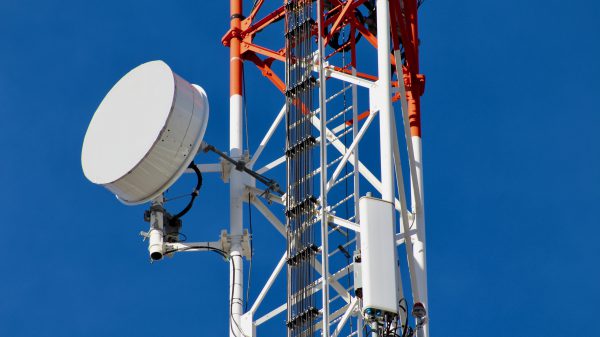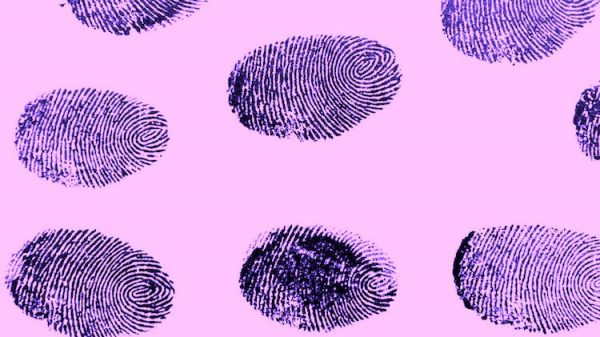The Supreme Court has launched an artificial intelligence-enabled portal that would help its judges in legal research. The SUPACE — short for Supreme Court Portal for Assistance in Courts Efficiency — was inaugurated by Chief Justice SA Bobde on Tuesday. The event was inaugurated virtually, with judges from several high courts in attendance.
Justice L Nageswara Rao, chair of the Supreme Court’s Artificial Intelligence Committee, said that while AI was unlikely to ever make human lawyers or judges redundant, it still has the potential to be a “tremendous asset” in the justice system. He said the system would assist judges, court staff and litigants in addressing bottlenecks in the judicial system and mitigate delays. He added that AI could be used in the areas of language translation, automation of administrative tasks and legal research. “We have already been successful in our attempt to translate documents and judgement into 11 languages,” he said.
Chief Justice Bobde, in his address, said that the Supreme Court was embarking on an “exceptional journey” by embracing AI in its routine work. AI, for most people, means automated decision making. This has given rise to serious objections, and I join in these objections, he said.
“Because, it is our view and it is also consistent with the sense of independence of each human mind, of each judge, that the decision must be left to him. A machine ought not to dictate it. It is in this sense, that the system we have launched today is unique because there is an interaction between the human being and the machine which produces remarkable results — results customised to the need of the case, results customised to the way. the judge thinks and many other such things which are individual.” — SA Bobde, Chief Justice of India
Justice Bobde continued, saying that criticism of AI is “totally unwarranted” when it comes to SUPACE, because it was designed only to process facts and make them available to the judge looking to use it as input for decision making. “We must remember that Artificial Intelligence is to intellect what muscle memory is to our mind. It grows with practice and continuous use. It helps to save a lot of time which the mind uses to wade through facts hidden in voluminous briefs by going through thousands of pages at the speed of 1 million characters per second,” he said.
“We are not going to let [AI] spill over to decision making […] As I said, it fully retains the autonomy and the discretion of the judge, though at a much, much faster pace because of the readiness at which information is made available by AI […] I believe that an Artificial Intelligence system that decides the case could be disastrous to the judiciary, which is continuously dealing with human problems, where human discretion is of the greatest importance.” — SA Bobde, Chief Justice of India
Justice Bobde also weighed in on apprehensions about the possible effect of the system’s adoption on employment generation. “There is no question of that. It is intended to do what the human mind can do, but much more efficiently, methodically and systematically.” He suggested that the AI-based system would, in fact, help address overworking of employees in court Registries.
Justice NV Ramana, who was named as Justice Bobde’s successor the previous day and is set to take oath later this month, also appreciated the system, saying that it would help address the problem of pendency. He assured that he would involve himself in the system in the coming days.














